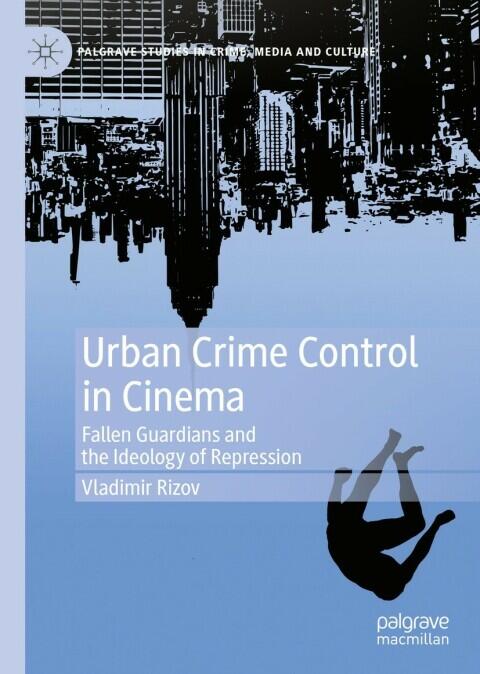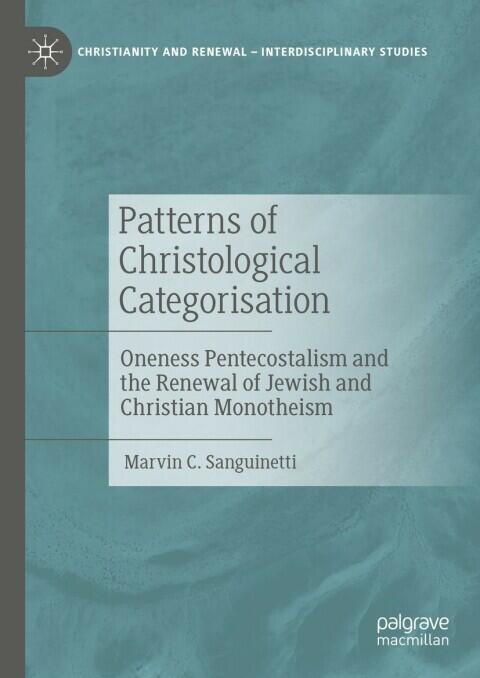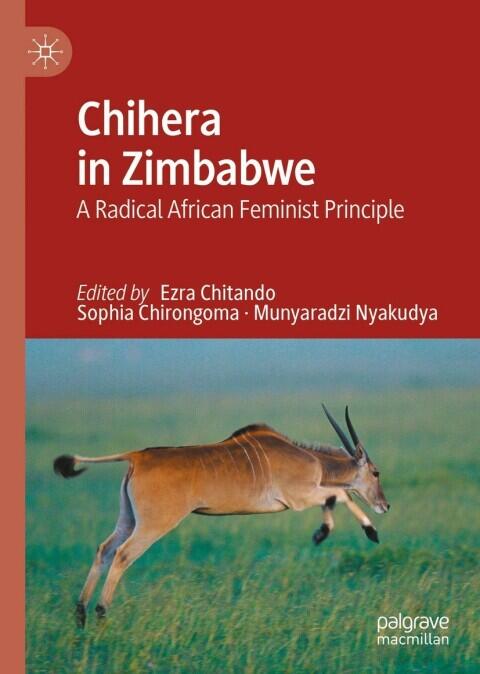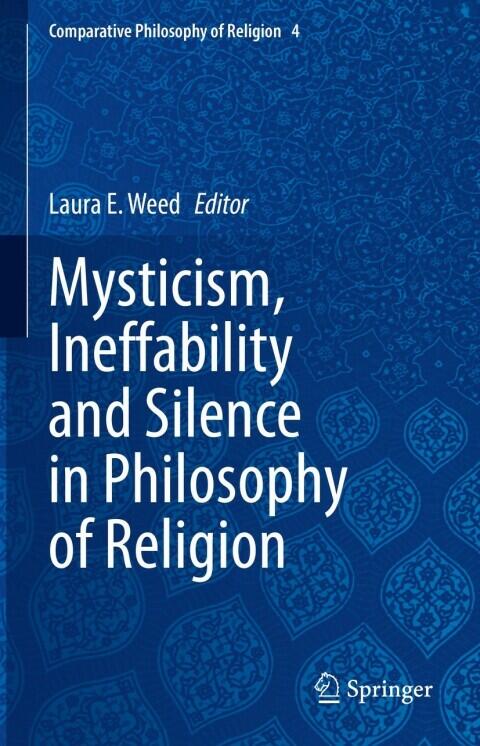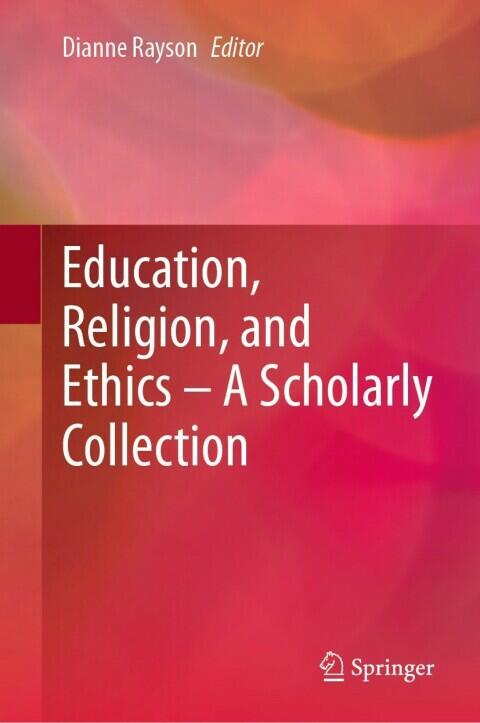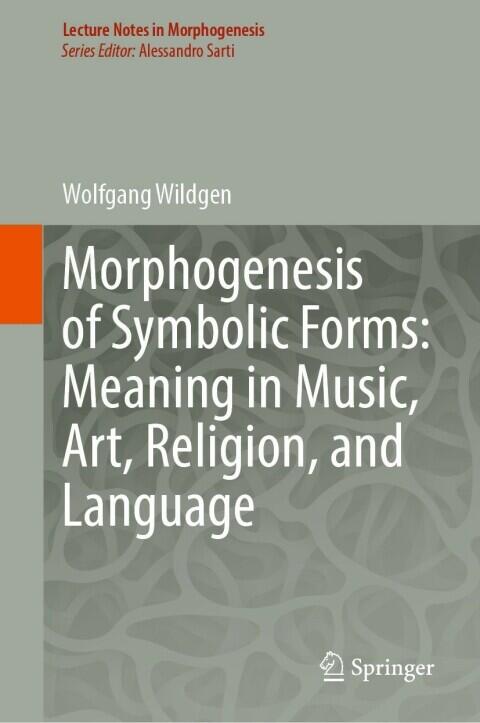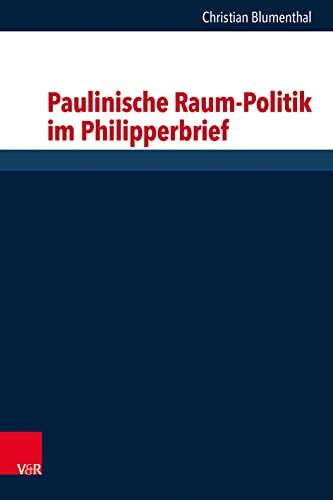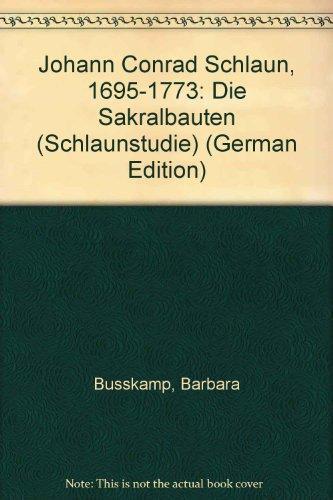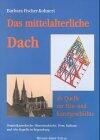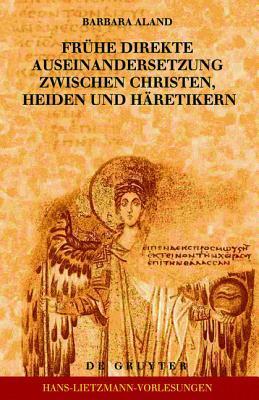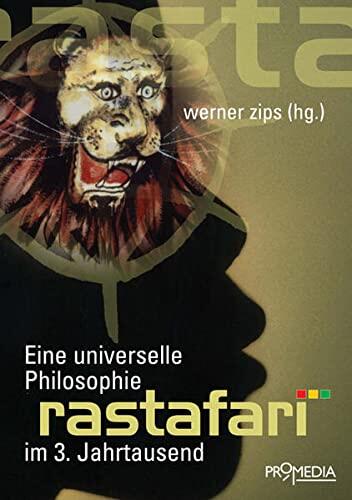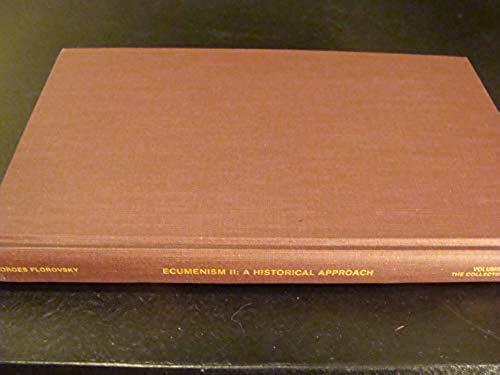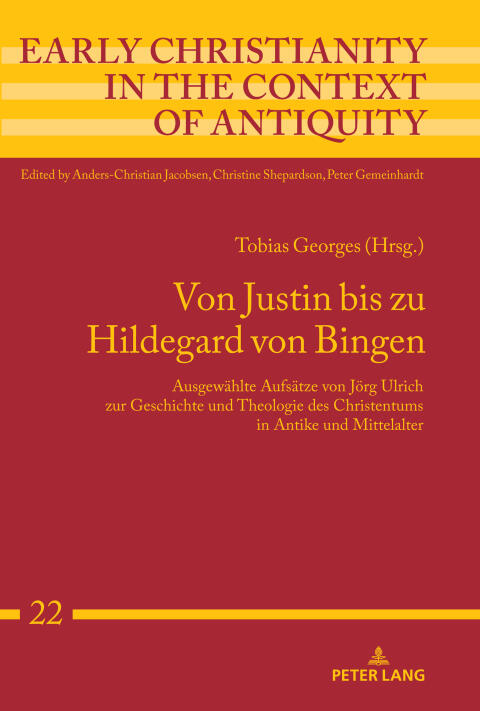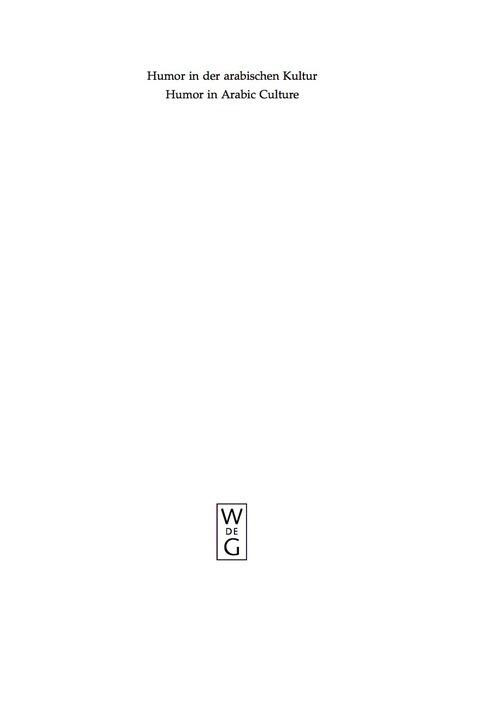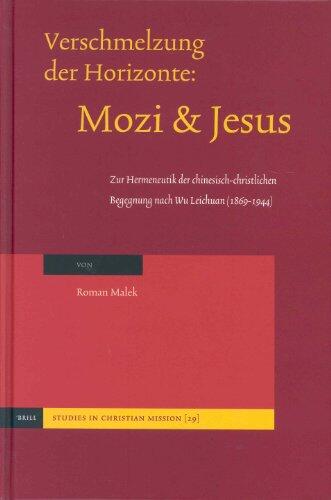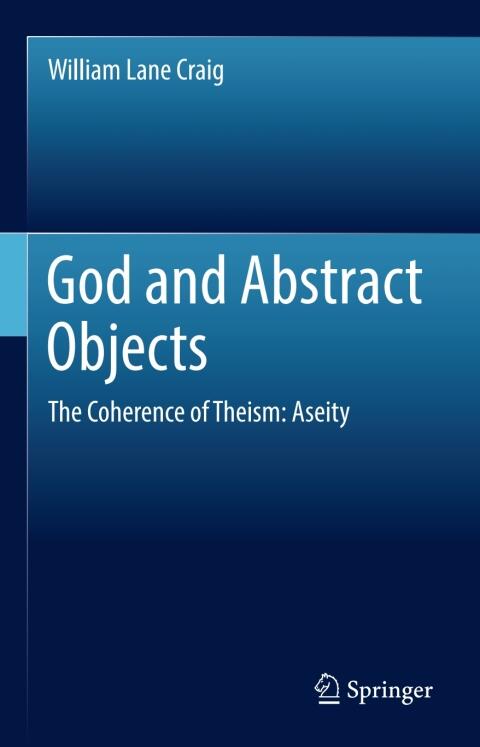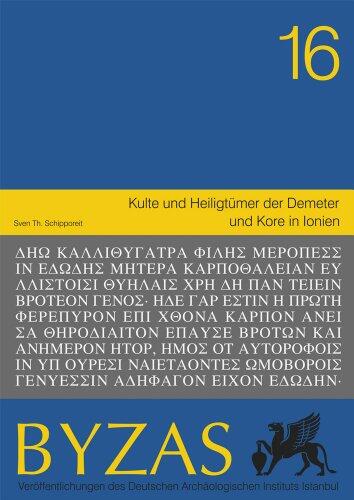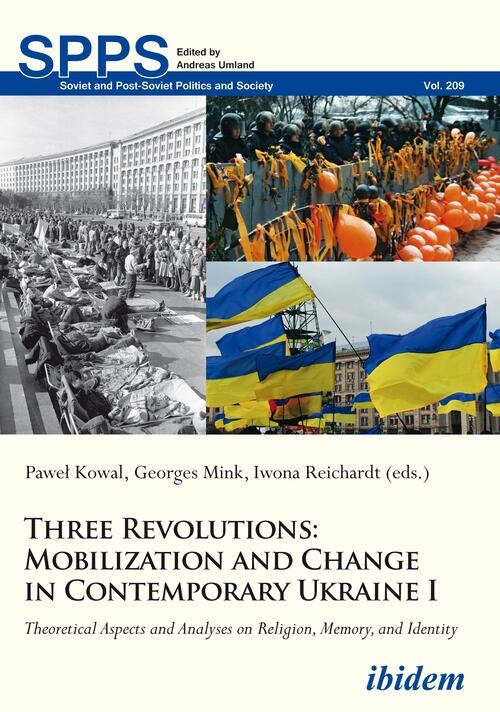
Three Revolutions: Mobilization and Change in Contemporary Ukraine I: Theoretical Aspects and Analyses on Religion, Memory, and Identity
还没有评分
Religion & Spirituality
Science & Technology
History
+1
more
格式
Kindle
页数
788
语言
德语
已发布
Jan 1, 2019
出版商
ibidem
版本
1
ISBN-10
3838273214
ISBN-13
9783838273211
描述
In this insightful volume, the complexities of contemporary Ukraine are dissected through the lens of mobilization, memory, religion, and identity. The authors delve into how historical narratives and cultural factors shape national consciousness, emphasizing the significance of collective memory in the post-Soviet context. They explore the ways in which Ukraine's turbulent political landscape has been influenced by its rich religious traditions, and how these elements interplay to foster societal change.
As the chapters unfold, Mink and Kowal offer a thorough examination of the theoretical frameworks that underpin Ukraine's recent revolutions, providing a nuanced understanding of how grassroots movements emerge and operate within a historical context. The rigor of their analyses highlights how deeply rooted identities can both unify and divide, reflecting the intricate tapestry of Ukrainian society.
Readers are invited to engage with the scholarly discussions that unravel the transformation of the nation’s political and social structures, shedding light on the pivotal roles that religion and collective memories play in shaping contemporary identity. Furthermore, this exploration reveals the broader implications of these dynamics, encouraging reflection on the nature of change in other post-Soviet spaces.
Overall, the volume serves as a critical resource for those interested in the intersections of politics, culture, and society in Ukraine, offering valuable perspectives that resonate beyond its borders.
As the chapters unfold, Mink and Kowal offer a thorough examination of the theoretical frameworks that underpin Ukraine's recent revolutions, providing a nuanced understanding of how grassroots movements emerge and operate within a historical context. The rigor of their analyses highlights how deeply rooted identities can both unify and divide, reflecting the intricate tapestry of Ukrainian society.
Readers are invited to engage with the scholarly discussions that unravel the transformation of the nation’s political and social structures, shedding light on the pivotal roles that religion and collective memories play in shaping contemporary identity. Furthermore, this exploration reveals the broader implications of these dynamics, encouraging reflection on the nature of change in other post-Soviet spaces.
Overall, the volume serves as a critical resource for those interested in the intersections of politics, culture, and society in Ukraine, offering valuable perspectives that resonate beyond its borders.
